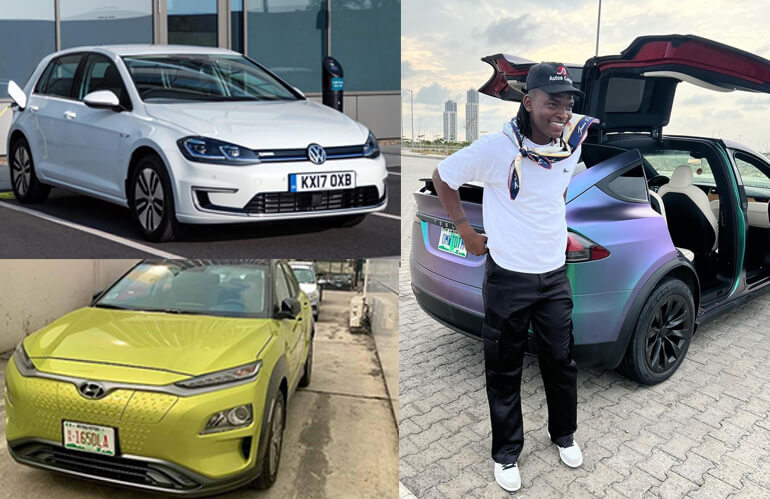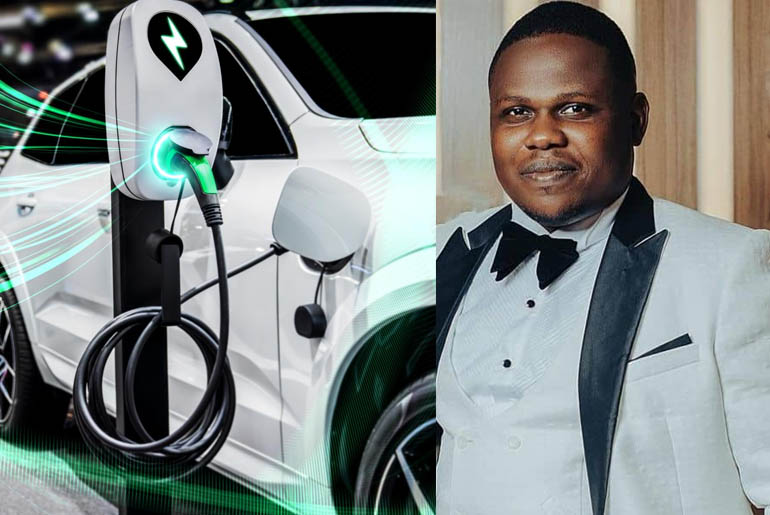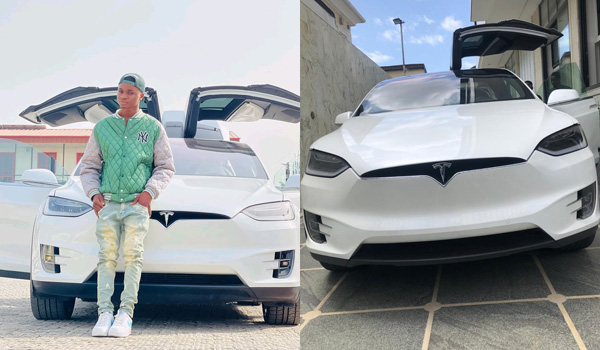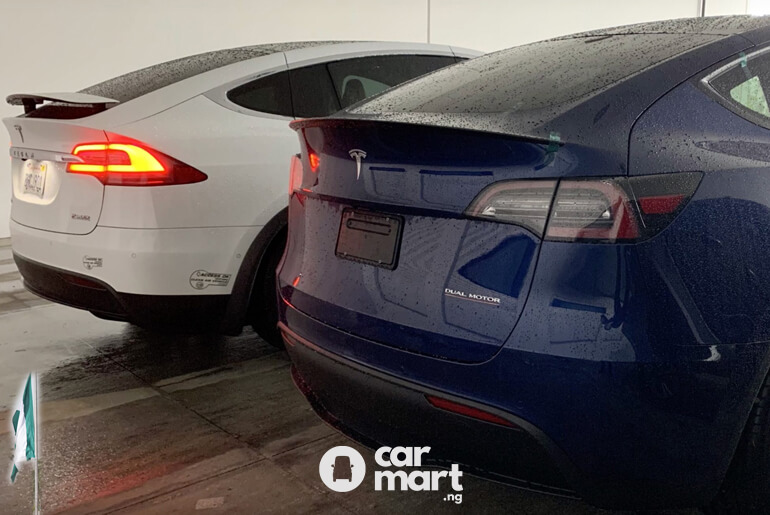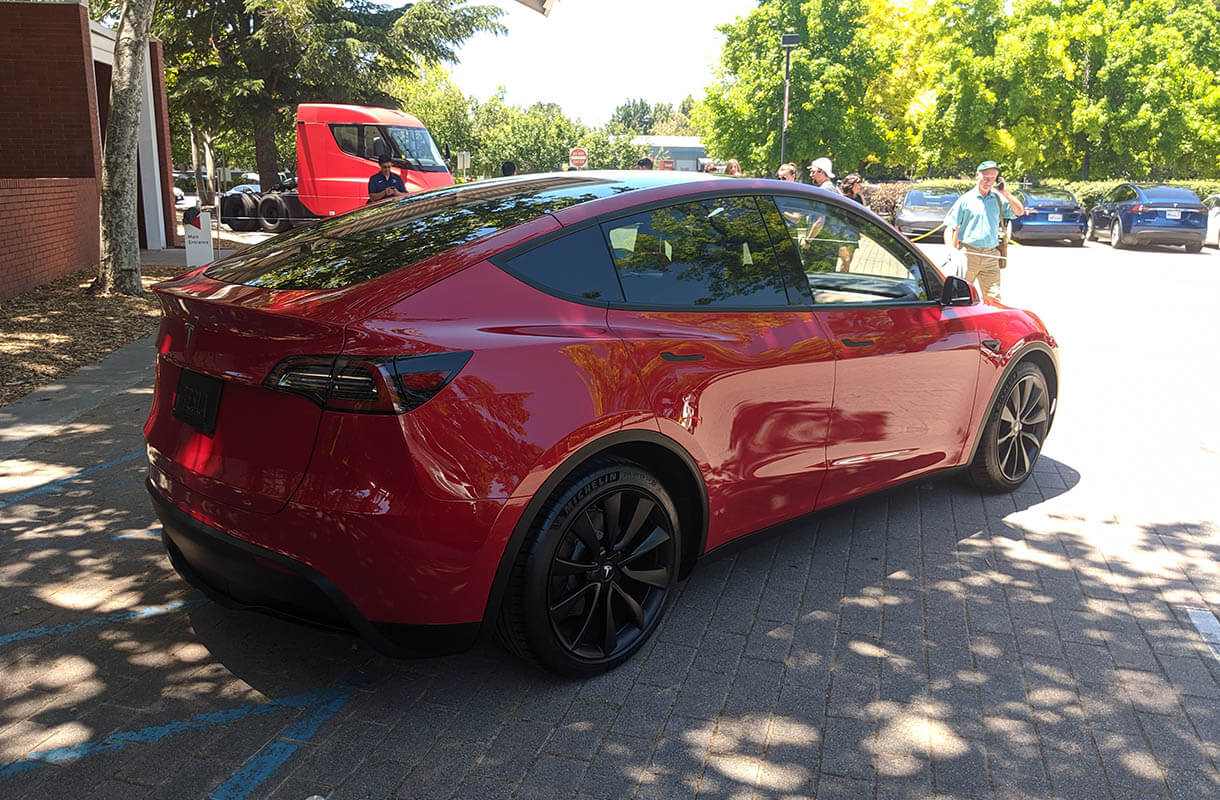Electric cars are a hot topic worldwide, and it’s slowly gaining traction in Africa. While South Africa is ahead of the game in Africa, with more electric cars on the road, Nigeria is facing some challenges.
Table of Contents
Let’s explore what’s making electric cars take off in South Africa and some of the possible problems Nigeria is facing with respect to electric vehicles.
What are Electric Vehicles?
An Electric Vehicle is a vehicle that is powered by an electric motor that draws electricity from a battery and is capable of being charged from an external source. An EV is of two types; a vehicle that can only be powered by an electric motor that draws electricity from a battery (all-electric vehicle) and a vehicle that can be powered by an electric motor that draws electricity from a battery and by an internal combustion engine (plug-in hybrid electric vehicle). They are basically vehicles that do not run on fuel or diesel.
Overview of Electric Vehicles in South Africa
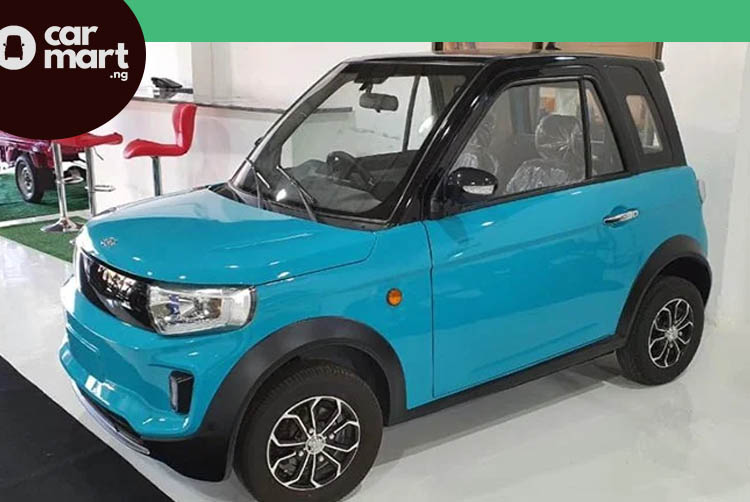
The South African government is committed to transitioning to electric vehicles (EVs). As of June 2023, the automotive industry in South Africa saw a 5% year-on-year increase in new vehicle sales, reaching 265,970 units, with exports rising by 4% to 172,836 units and production growing by 10% to 284,035 units. Battery electric vehicles (BEVs) and plugless hybrids (HEVs) are gaining traction rapidly in South Africa too. BEV sales surged by 47.1% year-on-year in June 2023, with 502 BEVs sold in the first half of 2023, matching the total for all of 2022. HEVs also experienced a significant increase in sales, with 2,561 sold in the first half of 2023. The country’s charging infrastructure consists of over 350 publicly accessible stations, with major investments from automakers like Audi expanding the network. The government is considering incentives like subsidies and lower taxes to further support EV adoption.
Despite challenges such as high initial costs and limited charging infrastructure, South Africa has opportunities for growth, including leveraging its rich mineral reserves for battery manufacturing and improving its electricity supply and grid infrastructure to support EVs. Public awareness and education campaigns could also drive EV adoption.
Overview of Electric Vehicles In Nigeria
Electric cars are starting to become a thing in Nigeria, offering a greener way to get around. Big companies like Stallion Group and Jet Motor Company have introduced electric cars and tricycles, showing that people are interested. But there are problems too. Electric cars are expensive because they’re mostly imported, and there aren’t many places to charge them up yet. Plus, not many people know about them. To help out, the Nigerian government has a plan called the National Automotive Industry Development Plan. They want 30% of cars to be electric by 2031 and are giving incentives to local companies to make electric cars here. This could create jobs and make Nigeria more independent in making cars. Private companies like Phoenix Renewables Limited are also joining in by setting up charging stations across the country.
Switching to electric cars could be good for Nigeria. It would mean we don’t have to rely so much on imported fuel, which can be expensive and sometimes hard to get. And because electric cars don’t pump out pollution, they could help clean up the air in cities, which is often really bad for our health. But Electric Vehicles haven’t gotten there yet in Nigeria because of some various factors which serve as a challenge to electric vehicles in Nigeria.
Why South Africa is Leading in Electric Vehicles in Africa
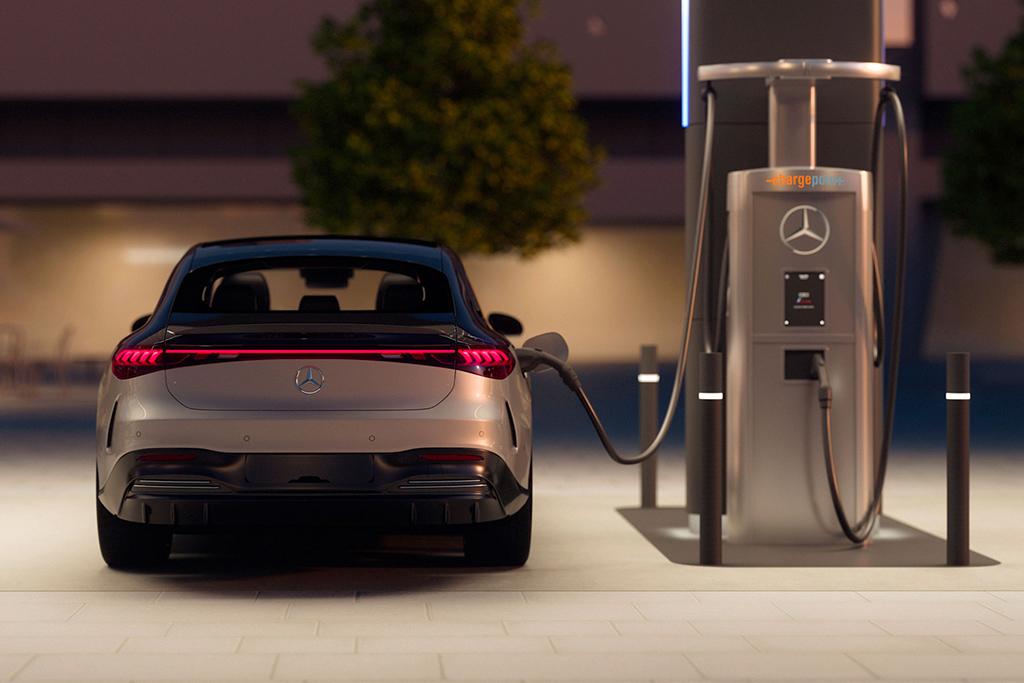
South Africa is taking the lead in the adoption of electric vehicles (EVs) in Africa. This can be attributed to various factors. Firstly, the South African government is actively supporting the EV industry through policies and incentives. Additionally, local production of electric trucks has already commenced.
Furthermore, South Africa has a well-established infrastructure network, including a national electricity grid, which provides a solid foundation for building a robust charging network for EVs. Presently, the country has over 350 publicly accessible charging stations.
Mercedes-Benz is also set to roll out 127 new EV charging stations worth $2.13 million in South Africa next year, which is a significant step forward in the country’s journey towards electric mobility.
Problems of Owning an Electric Vehicle in Nigeria
Here are some of the major problems of getting an electric vehicle in Nigeria
- Limited Charging Infrastructure: The major problem with electric vehicles is the scarcity or lack of charging stations. It might also be difficult or inconvenient to charge at home. This lack of readily available charging points can lead to the worry of running out of power before finding a place to recharge.
- Electricity Costs and Reliability: Yes, Electric vehicles save on fuel, but charging them adds to your electricity bill. Inconsistent power supply in Nigeria makes things worse. You might end up relying on expensive diesel generators to charge your car, negating the environmental benefits.
- Lengthy Charging Times: Unlike a quick gas station stop, charging an Electric vehicle takes hours. This extended waiting period and the need for careful planning disrupt the daily routines of many drivers. While faster charging options exist, they come with additional costs.
- Limited Choices and Higher Costs: The selection of electric vehicles in Nigeria is far lower compared to traditional gasoline cars. Customization options are also scarce. On top of that, Electric vehicles themselves are currently more expensive due to lower production volumes. While these factors might limit your ideal car choice, the situation is expected to improve as the EV market matures.
Conclusion
While South Africa is doing well with electric cars, Nigeria is still facing some problems. However, these problems do have a solution. First, Nigeria needs more charging stations, kind of like building more gas stations for electric cars. The government and businesses can work together to make this happen. They can even use the sun’s power to run these stations. Some people might worry electric cars won’t go very far before needing a charge. By investing in better batteries and teaching people about charging options, Nigeria can ease these concerns. And of course, with good collaboration and support from the Nigerian government, electric vehicles would become a normal thing in Nigeria.
Have 1 million naira and above to Buy or Sell Cars In Nigeria? Check carlots.ng
All rights reserved. Reproduction, publication, broadcasting, rewriting, or redistribution of this material and other digital content on carmart.ng is strictly prohibited without prior express written permission from Carmart Nigeria - Contact: [email protected]


